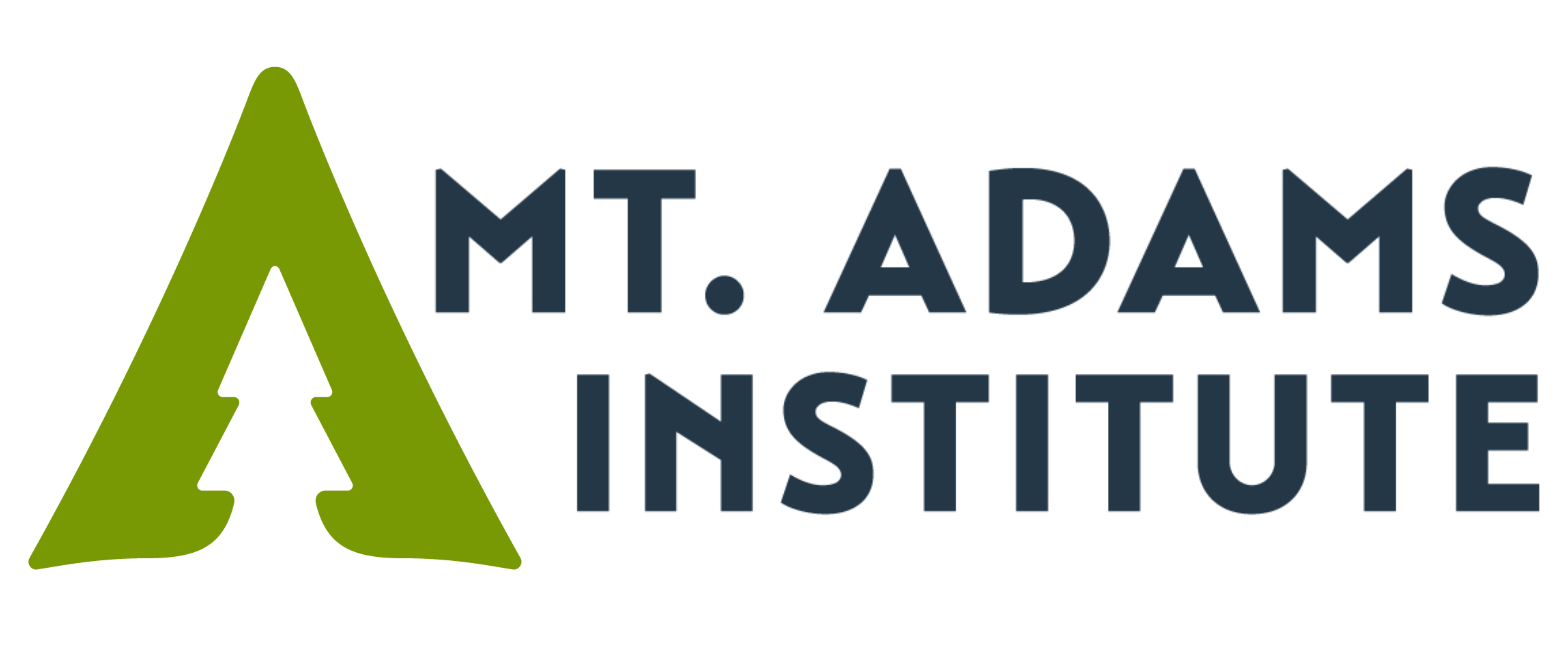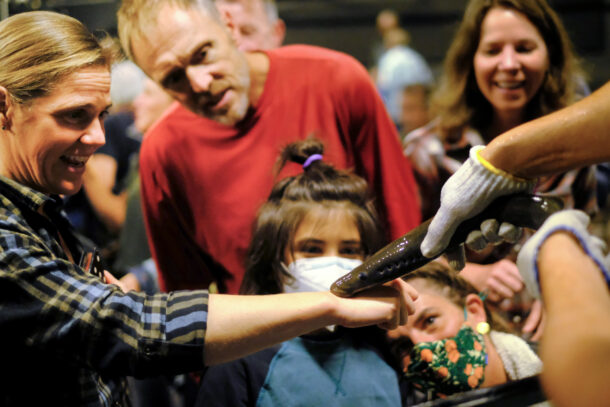Sense of Place launches it’s first Pop-Up event at Gorge Discovery Center. It will feature wildlife biologist Jocelyn Akins in conversation with SOP host/curator, Sarah Fox.
SENSE OF PLACE
Connecting people through place and storytelling.
Field Notes & Updates
Congratulations to Sarah Fox!
Sense of Place host/curator, Sarah Fox, honored by Oregon Humanities as 2024 Community Storytelling Fellows. Sarah Fox, creator of the Hear in...
Meet The host
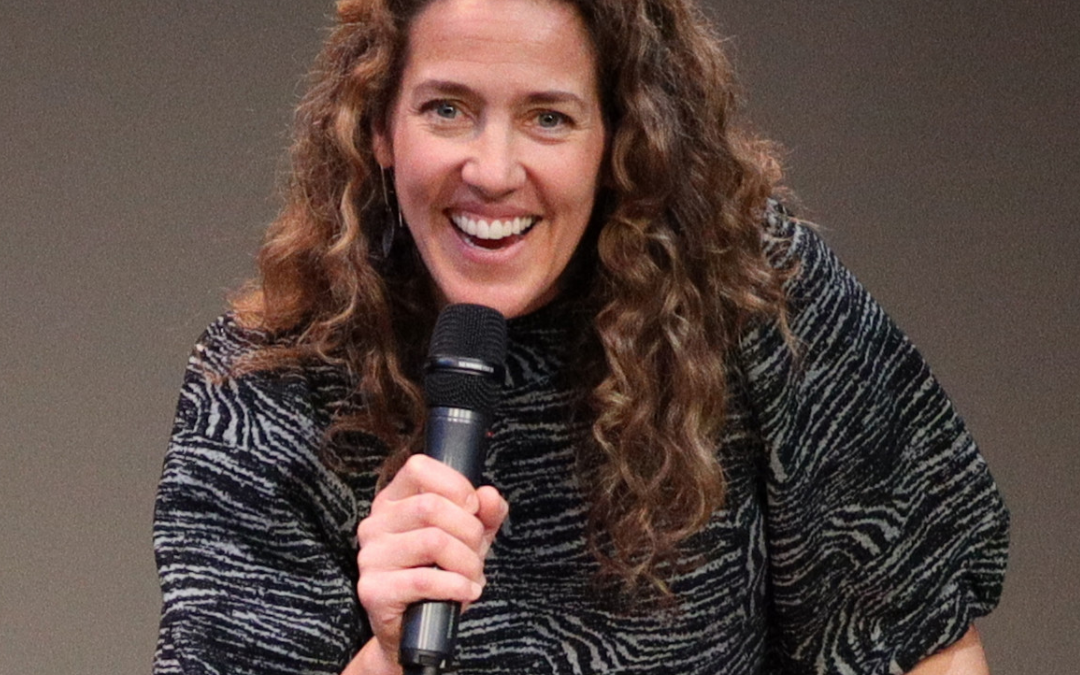
Sarah Fox
Sense of Place Host & Curator
Sarah Fox comes to MAI as the creator/producer of the podcast Hear in the Gorge and as curator/host of the Sense of Place Event Series. Her work has appeared on Oregon Public Broadcasting (OPB) and has been recognized by the Oregon Heritage Commission, Hood River Cultural Trust, and Oregon Cultural Trust. She has produced film and audio stories for businesses, non-profits, Northwest tribes, governmental agencies, and individuals.
Sarah’s work has featured wide-ranging topics like tribal fishing, Woody Guthrie, avant-garde art, vegan trailblazers, and river restoration. And in 2024 she was honored as a Community Storytelling Fellow by Oregon Humanities.
Contact Sarah at: sop@mtadamsinstitute.org and check out her other work at her website.
Season 14 Line-Up

White Sturgeon: North America’s Largest Fish Lives Here
with Donella Miller | 10.18.2023 | 7 pm
Location: Columbia Center for the Arts, 215 Cascade Ave, Hood River, OR 97031
Discover the incredible world of White Sturgeon, North America’s largest fish, during a presentation with Donella Miller. Explore their ancient origins, unique characteristics, and the crucial role they play in the ecology and culture of the Columbia River basin with live, juvenile White Sturgeon as part of the in-person presentation.

Beaver Power: Teaming Up With Nature’s Engineers to Restore Our Watersheds
with Margaret Neuman & Jeanette Burkhardt | 11.15.2023 | 7 pm
Location: Columbia Center for the Arts, 215 Cascade Ave, Hood River, OR 97031
Join us for an eye-opening lecture that delves into the complex relationship between humans and beavers in the Pacific Northwest. Explore their historical status as both foes and friends and discover how new research is revealing their crucial role as ecosystem engineers, offering solutions to pressing environmental challenges such as wildfires and climate change while aiding in landscape restoration and biodiversity.

Mountaintop to Backyard: The Beauty of the Gorge’s Native Plants
with Kristin Currin & Drew Merritt | 12.13.2023 | 7 pm
Location: Columbia Center for the Arts, 215 Cascade Ave, Hood River, OR 97031
Don’t miss this enlightening lecture celebrating the beauty and importance of native plants in the Columbia Gorge region. Join Kristin Currin and Drew Merritt as they share their expertise on a diverse range of native species and explore how these plants are crucial for preserving the local ecosystem’s diversity and functionality in the face of development and invasive species threats.

Salmon at a Crossroads
with Miles Johnson| 01.17.2024 01.24.2024| 7 pm
Location: Columbia Center for the Arts, 215 Cascade Ave, Hood River, OR 97031
Join us for an engaging lecture with Miles Johnson as discusses the widespread consensus that most wild Snake River salmon and steelhead are on a trajectory to extinction and why he believes “the movement to un-dam the Lower Snake River is as close to success as it has been for decades”.

Grow A Pear!
with Lesley Tamura & Adam McCarthy | 02.21.2024 POSTPONED TO 02.27.2024| 7 pm
Location: Columbia Center for the Arts, 215 Cascade Ave, Hood River, OR 97031
Join orchardists Lesley Tamura and Adam McCarthy as they share the juicy details about growing pears in the #1 pear-producing region of the country. They’ll reveal the secrets behind harvesting, pear shoulders, and the rich pear-growing history of the region.

A History of Wildfire in the Gorge
with Chris Donnermeyer | 03.20.2024 | 7 pm
Location: Columbia Center for the Arts, 215 Cascade Ave, Hood River, OR 97031
Explore the intricate relationship between fire, land management, and people with Chris Donnermeyer. Gain insight into the historical use of fire as a resource management tool and its impact on the environment, shedding light on both its benefits and the challenges it presents in the face of recent catastrophic fires in Oregon and Washington.
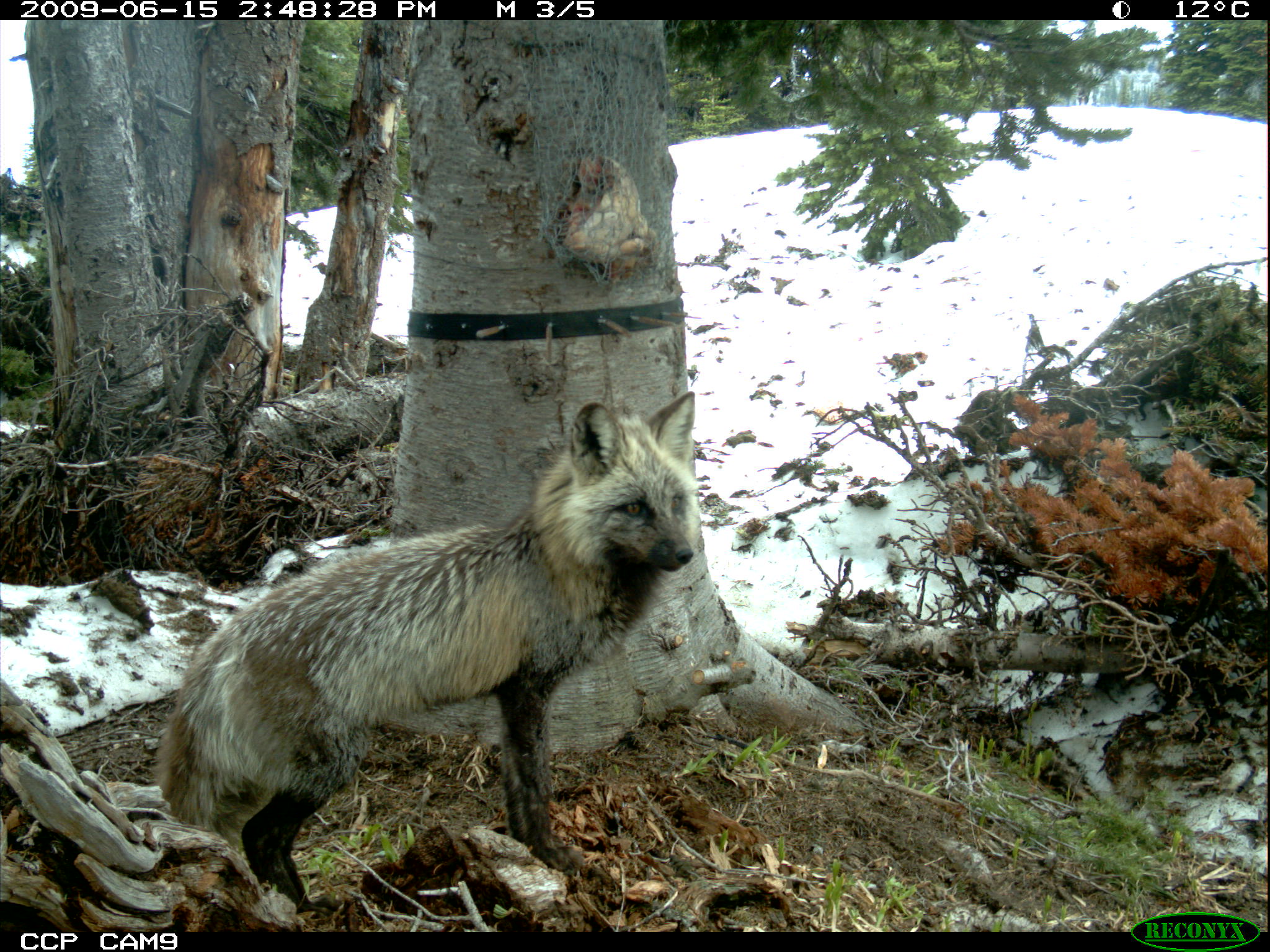
*Pop-Up at Discovery Center: Wolverines, Foxes, and Rare Carnivores of the High Cascades, March 21st
with Jocelyn Akins | 03.21.2024 | 7 pm
Location: Columbia Gorge Discovery Center & Museum, 5000 Discovery Dr, The Dalles, OR 97058
Sense of Place launches it’s first Pop-Up event at Gorge Discovery Center. It will feature wildlife biologist Jocelyn Akins in conversation with SOP host/curator, Sarah Fox.

Battle of the Bugs: How Insects Impact the Gorge
with Maggie Freeman | 04.17.2024 | 7 pm
Location: Columbia Center for the Arts, 215 Cascade Ave, Hood River, OR 97031
The spotted wing drosophila and marmorated stink bug cause trouble in orchards, threatening cherries and pears. In Washington and Oregon, growers face a $30 million impact from Cherry-X Disease. However, the battle against bugs involves allies like the samurai wasp in pear orchards and parasitoid wasps controlling spotted wing drosophila. Join entomologist Maggie Freeman to explore the impact of insects in the Gorge and the future of insect relationships. Local 4-H Bug Club members will showcase their insect collections before the show.
Sponsors
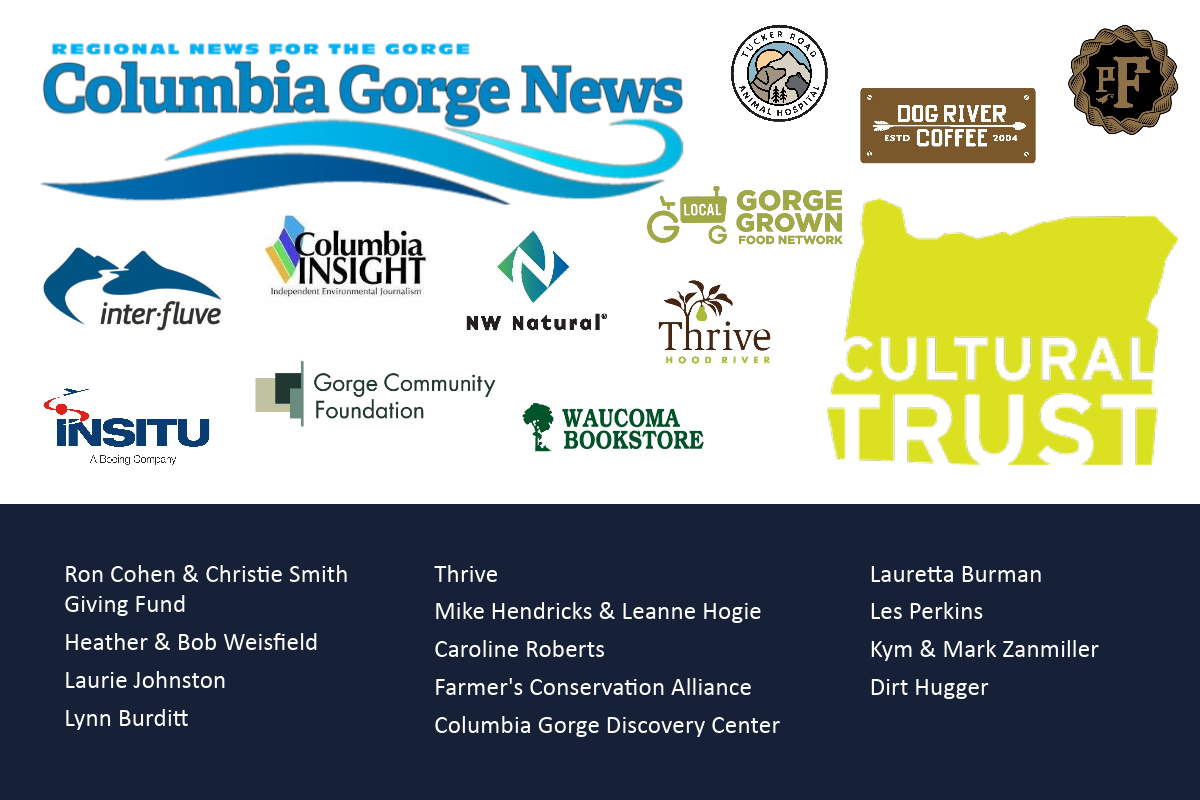
Special thanks to Big Britches Productions
…And Joe Garoutte, for Making the Sense of Place Livestream Happen!
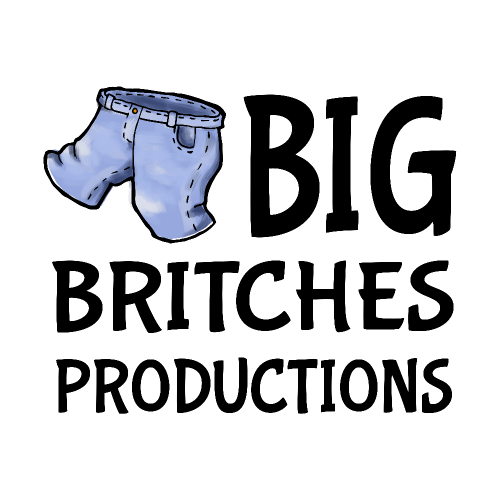
Request for Proposals:
The application window has closed for Season 15.
What we’re looking for:
- Presenters with expertise on a topic related to the cultural or natural history of the Columbia River Gorge.
- Individuals who enjoy sharing their knowledge and can present in one of the Sense of Place formats*.
- Availability to present in Hood River, Oregon. (If pandemic restrictions exist, availability to present via Zoom webinar**.)
- Lectures happen on the 2nd or 3rd Wednesday of the month, October – April.
- Speakers are asked to arrive by 6 pm.
- Lectures begin at 7 pm and run 45mins-1hr, followed by a Q&A session moderated by the host, Sarah Fox.
Sense of Place Format
a) presentation by speaker (can include PowerPoint, props, etc.) [example: Ralph Lampman]
b) conversational format with host Sarah Fox [example: Kat Brigham]
What we offer:
- Event marketing to 4k e-newsletter subscribers and via social media accounts (30k+ ) 7k+ reached by print media via regional newspapers and partners in Oregon and Washington, including news websites with close to 100k unique monthly visitors.
- Book sales facilitated by a local bookshop (optional).
- A chance to be a part of a popular and meaningful lecture series with a loyal audience.
- A digital recording of your presentation will be shared/archived online via the Sense of Place web page.
- Lodging for out-of-town presenters.
- Honorarium.
**Season 15 lectures will be presented live, in person, in Hood River, Oregon. However, if pandemic conditions prohibit this, presentations will be made via Zoom webinar.
Please Provide The Following Information:
- Name, title/profession (as it relates to presentation topic), email, phone number, mailing address.
- Please give us a description of your proposed presentation (topics must relate to the cultural or natural history of the Gorge). EXAMPLE
- Please provide a brief bio of yourself and work (this would be included on our website if selected) EXAMPLE
- What is your experience with public speaking? If available, please share links or videos of your public speaking experience. If you would prefer the conversation format, will you be able to meet with Sarah before the event to discuss?
- What is your connection to this topic, the Gorge and this region, personally or professionally?
- How did you learn about Sense of Place? What interests you in being a part of the series?
“Thank you all so much! I had a blast. I really appreciate your early outreach to me and your support. And thank you for the work you do to offer such an engaging and diverse program series! I’ll be an audience member from now on!”
“Sense of Place provides a much-needed space for thoughtful, respectful, civil discourse on issues that matter to Gorge residents and the Pacific Northwest more broadly. Only by talking about challenging issues with our neighbors can we hope to create a more informed and just community.”
“Sense of Place provides a platform to have discussions on complex topics in an accessible format. Our panel discussion on forestry was fun to be a part of and highlighted the nuanced and entangled nature of issues surrounding forestry. We need more dialogue and discourse like this in our society to break down barriers and find common ground to work from.”
“I found working with you on the program very interesting, fun, and great outreach for those who want to learn.”
Have Questions?
Contact us by clicking the button. We’ll get back to you as soon as possible.
